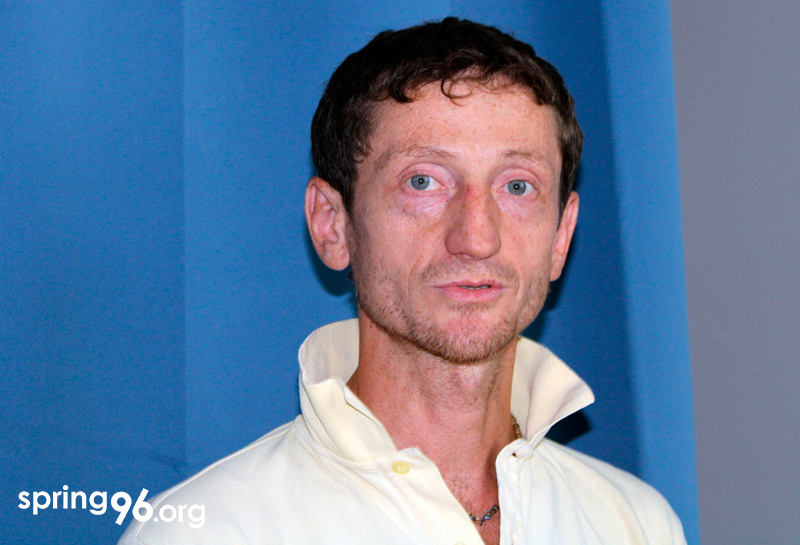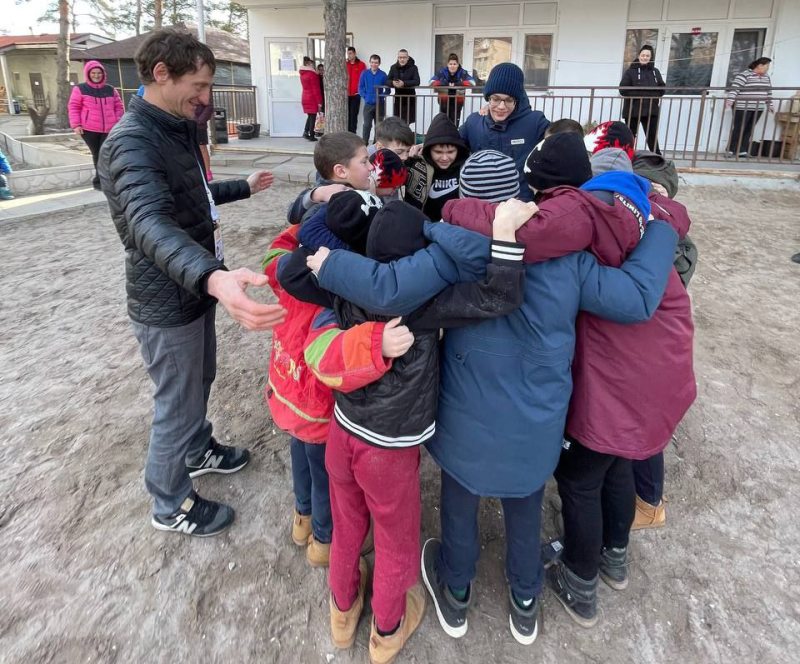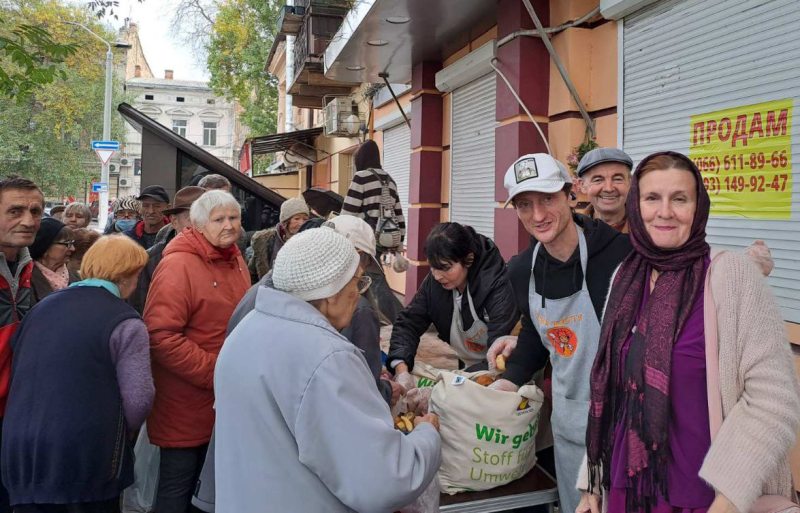Ales Tsisetski: "I felt that I was in my place, that I was where the heart of the Earth was beating”
Ales Tsisetski, a teacher of physical education at the Belarusian Pedagogical University, did not consider himself a fierce dissident, and before the 2020 presidential elections, was little interested in politics and did not even participate in the elections. Everything changed after August 9th. Ales did not miss a single protest march, participated in yard activities with his neighbours, created petitions, and took part in the creation of student unions. Then he was arrested, fired from work, threatened with criminal prosecution, and then migrated.
It all started in the fall of 2020…
"In August, I worked at a children's camp near Aksakaŭščyna, and on August 9, the Internet connection disappeared and I sensed troubles. The next morning I went to Minsk, looked at Prytyckaha street and everything became clear. After reading about the dispersal of demonstrators, I decided that I would join all the marches and did not miss any of them, except for the time I was detained in Žodzina,” says Ales.
Tsisetski served the first ten days of his administrative detention in Žodzina.
"The first time I was detained was on November 20, at Niamiha. People were cordoned and I was just walking into a trap, and a girl asked me to take her hand to go through the cordon together, because she was afraid to go alone. But I was detained, and the girl was released. They took me to Žodzina and two days later I was convicted via Skype for participating in an unauthorized mass event. I was sentenced to 10 days of detention. A lot has been written about how terrible conditions were in detention, but we somehow supported each other. On Monday, after my release, I went to work at the university, and the dean calmly accepted the arrest, saying, 'Nothing terrible has happened, get to work.' But when I went to get the keys to the gym, the guard said, 'You're not on the list.' I was fired instantly, even the dean did not know it then," Tsisetski recalls the events of those days.
With the help of Viasna lawyers Ales Tsisetski tried to appeal, filed a petition for the release of student Kasia Budzko, and also tried to see his dismissal paper, but nothing was even shown to him. He still had a hobby, laser metalworking, which provided some income.
"I joined in signing petitions, joined student unions online. And on March 21, a conference was held at Imaguru startup hub, which was attended by student activists who wanted to unite. Suddenly, about thirty minutes after the start, riot police burst into the room, put everyone against the wall, and then detained and taken to a police department. At first, we were accused of participating in an unsanctioned mass event, but then the police found out that permission had been given for the event and it was held officially. Therefore, the report was rewritten and accused the detained of disobeying police officers. I was sentenced to 15 days of detention and sent to Akrescina," says Ales.
After his release, Ales realized that the situation was getting worse and he would soon get a criminal case, and his friends advised him to leave Belarus:
"At the end of 2021, I left for Ukraine. I went to Odesa, where my friends already were. I was welcomed, and they helped me with housing; I found an opportunity to earn some money, but it didn't last long — three months later the Russian invasion began."
Volunteering and difficulties with legalization in Ukraine
At that time, it was possible to stay in Ukraine without registration for six months. Ales planned to apply to the migration department to obtain a residence permit, but hostilities began and for some time the migration service did not work at all.
"Later, together with my friends, I turned to the one Ukrainian foundation, where I was helped with contacting the migration service. They extended our permit for two months so that we could apply for a residence permit. And when they came to the migration centre, they simply told us: 'You have no chance', and at the same time they accepted the documents. At that time, I was actively engaged in volunteering.
Along with Odesa Sandbox and Food of Life. Odesa we went to different cities, brought food to Mykolaiv, Kherson, organized events for children, met with colleagues. I had a volunteer ID, which was enough to move freely,” says Tsisetski. "Then I felt that I was in my place, that I was where the heart of the Earth was beating, that I was doing something useful. And it was inspiring and energizing."
Ales understood that while staying in the country illegally, he would have no peace of mind. At the beginning of 2024, he and several Belarusians who found themselves in a similar situation tried to contact the migration service:
"I thought that if they refuse a residence permit and give a fine, then I could go to court and wait for a decision for some time. As a result, they gave me a fine of 5,000 hryvnia (more than 100 euros) with the requirement to leave Ukraine. But where could I go without a visa? Without it, it was possible only to go to Moldova and Slovakia. We decided to go to Bratislava together with our friends. Of course I was worrying.
I had information that there were many Belarusians in Vilnius, that I could be helpful there, and I managed to move to Lithuania. I feel more relaxed here, and I've made a lot of interesting new acquaintances."
Now Ales is dealing with legalization and dreams of joining an active life as soon as possible in order to continue to help people.




















